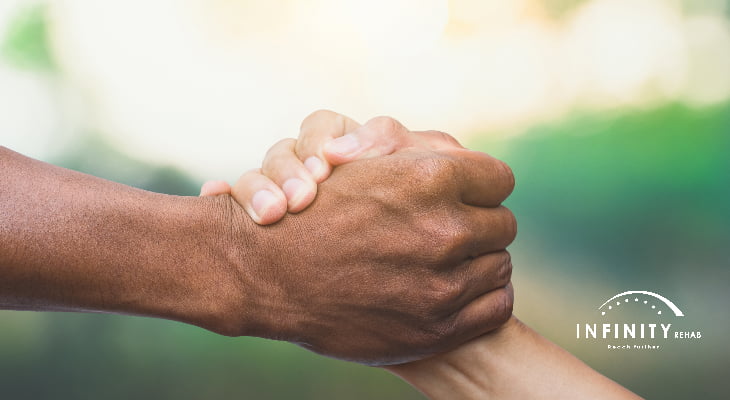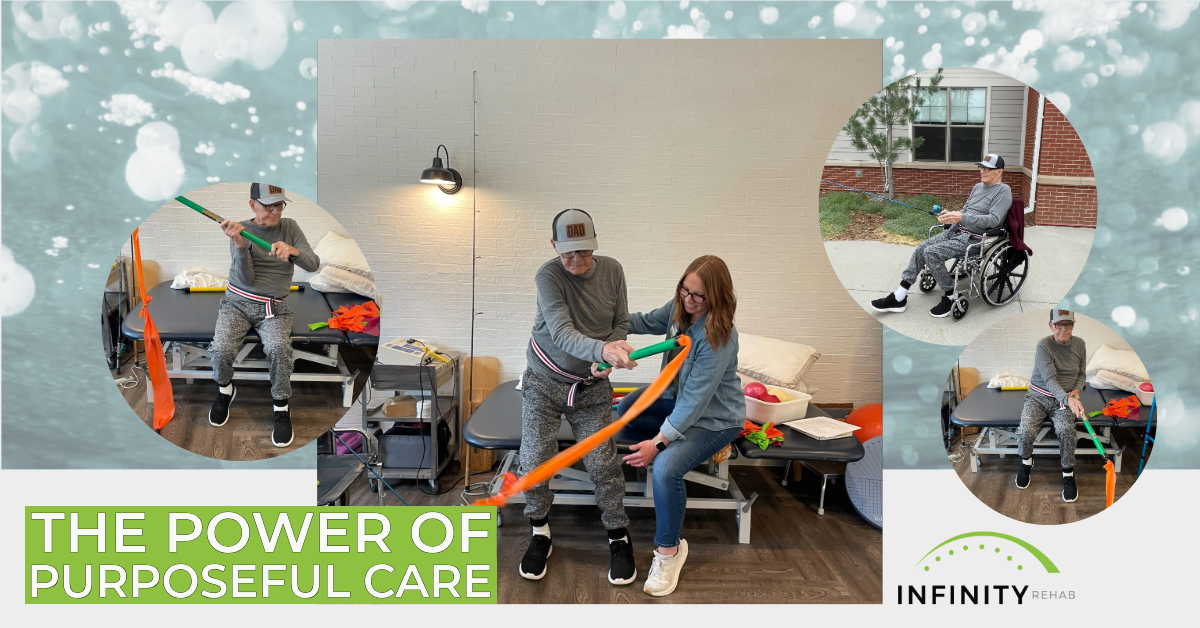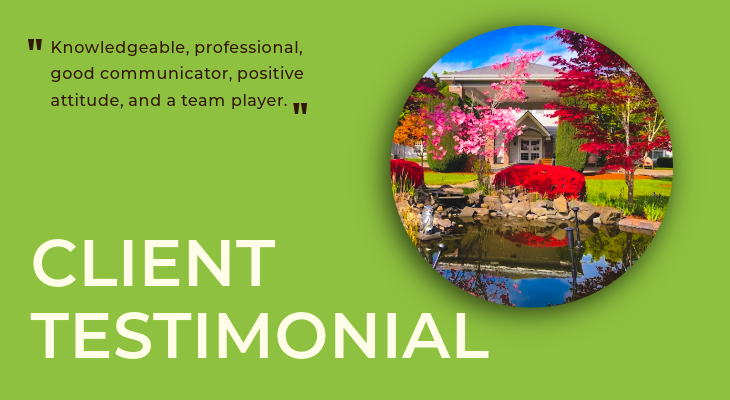JoLynn Munro, Division President for Infinity Rehab, shared a message with employees yesterday about a topic that has been weighing heavily on her, and the company as a whole – the death of George Floyd and the need to make thoughtful change in our country and proactively exercise diversity and inclusiveness.
You can read her message in it’s entirety below.
Today, I address a topic that has been heavy on my mind. On May 25, 2020, George Floyd, an African American man, suffered a ruthless death by oppression at the hands of a police officer. This tragic and violent act is unfortunately only one in a deep history of racism and injustice in our country.
I, along with many others at Infinity Rehab, am deeply saddened and outraged as we stand in solidarity against injustice, racism, discrimination, and violence of any kind.
We as American citizens need a new mindset; we desperately need a change for the sake of our fellow citizens of color, the rising generation, and ourselves. This change starts with each one of us.
Change starts with us
Infinity is against racism and discrimination. We are making a priority of Diversity, Equity, and Inclusion (DEI) programs within Infinity (see our latest Infinity Insider articles here: diversity and inclusion). We cannot stop putting in the work to fight systems of oppression. There is still much work to be done in unpacking our own biases and privileges to create a truly inclusive environment. We recognize that while we have started this work, we still have a long way to go.
Derek Fenwick, Senior Director of Human Resources, states, “We recognize that our business is strongest when different people’s perspectives, experiences, and ways of thinking are encouraged to come together to create an environment where every person feels involved, respected, valued, and connected.”
As clinicians we have a responsibility to support our patients and their families.
AOTA’s board of directors state “everyone should be able to participate fully in everyday living. As a profession based on elevating strengths and eliminating barriers to occupational engagement…we must use our expertise to identify and address the challenges facing the African American community and find meaningful solutions that will enable each member of society to thrive.”
Sharon Dunn, APTA president, eloquently states: “As PTs and PTAs we respect the inherent dignity and rights of all individuals. We are against discrimination. We are for addressing health disparities…finding ways to address social determinants of health, which include discrimination.”
ASHA’s Chief Staff Officer for Multicultural Affairs, Vicki Deal-Williams states: “Language, and hearing are our words; for us, they are both declaratives and imperatives. We must act…As stewards of the ability to communicate effectively, our first step is a self-accounting. What are we failing to hear? What are we failing to understand? What messages have we missed or overlooked? What injustices and inequities exist in our systems?”
What you can do
Every one of us can make a difference in the fight for equality. Here are a few ways to make your impact.
- Educate yourself. Learn about black history and recent events. To start, here’s an article by the New York Times on George Floyd’s death.
- There are numerous organizations and online funds to donate to. Consider Black Lives Matter, the National Association for the Advancement of Colored People, the Official George Floyd Memorial Fund, and bail funds for protesters, among many others.
- Listen when people of color speak up. Listen with an open mind, with empathy. Listen to learn, not to judge. There are many social media accounts you can follow to hear experiences and messages from people of color. Here are a few that are available on both Facebook and Instagram: @austinchanning, @latashamorrison, @laylafsaad, and @theconsiouskid.
- Speak up. Share your voice on social media and confront people when you see or hear racist actions or speech. You can also speak up by signing petitions. There are many petitions circulating right now.
Racism has been prevalent in our country since the first ship of slaves docked in Jamestown in 1619. Now over 400 years later, our citizens of color continue to fight for a basic human right – to be treated with love and respect.
I’m honored to be part of a company and profession that values people regardless of race. I implore you each to keep listening, keep learning, and keep sharing. Together we stand for justice, love, and respect – no matter the color of our skin.







